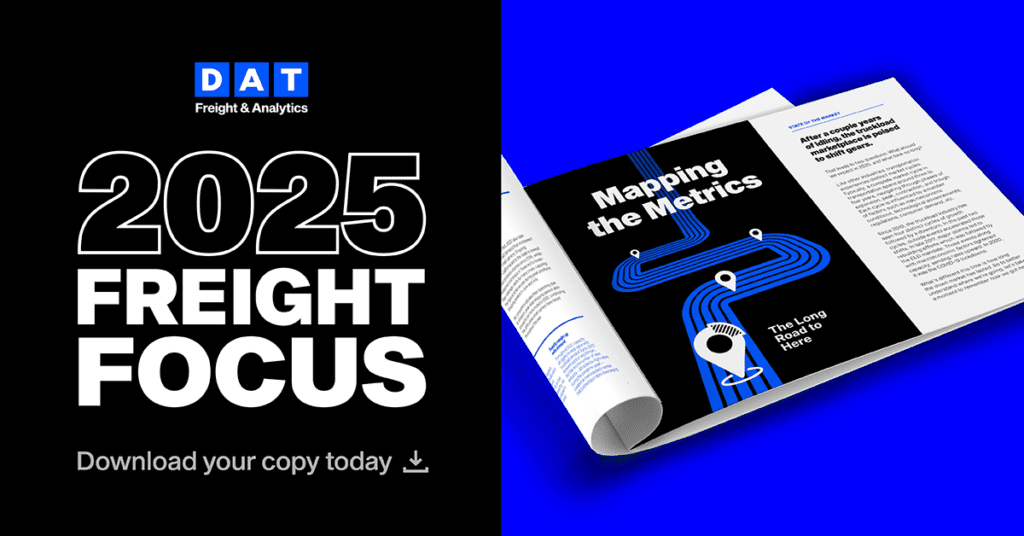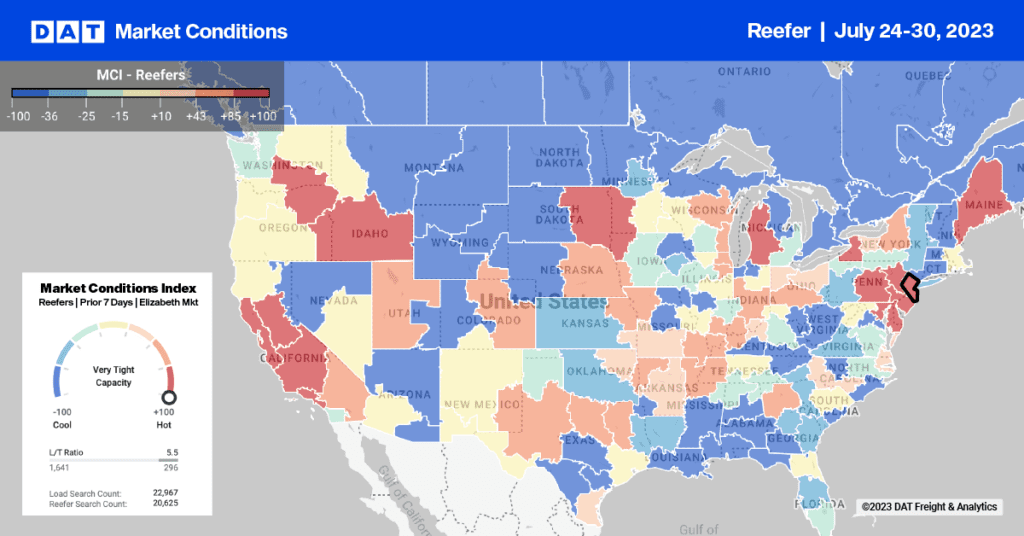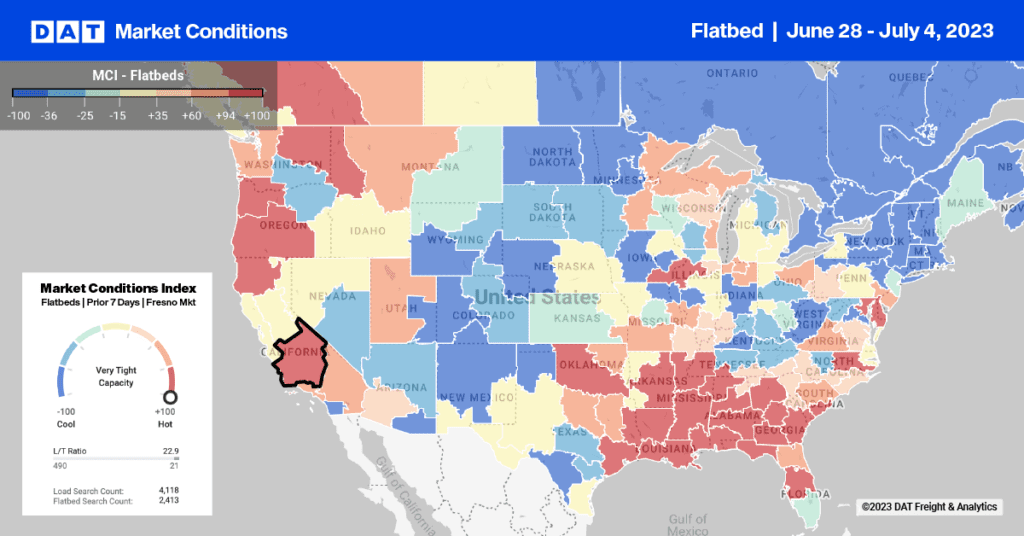This weekend, I was helping a friend and fellow musician harvest the grapes in his vineyard south of Portland, OR in the Willamette Valley. Growing up in the Midwest, I had a lot of experience with corn, but this was my first grape harvest. It was a beautiful fall day, and there was a big crowd of volunteers out there in the valley field.
The fellow in the next row, striking up a conversation, asked me what I do for a living. I told him I am in transportation software. He asked: “How many jobs have you destroyed?“
Wow. I was flustered, but I tried to explain that our company provides tools that help small businesses to be more competitive. When small businesses are successful, they tend to create jobs. When the tools change, the jobs evolve, but individuals who master the new techniques can be more productive, more satisfied, and often they get paid more, too.
I’ve been in the transportation industry for many years, and I’ve used all kinds of tools. When I started out, I analyzed rates and routes with an IBM PC with 640K RAM. Back then, only a really big company would have a transportation management system, running on an IBM System 34/36 and load boards using DAT truck stop monitors were just beginning to catch on. Brokers spent the entire day on the phone and a fax machine was the most important piece of equipment in any office. Now I hear that some of our customers distribute smart phones and tablet computers to their sales and operations teams, and those dedicated employees are busy moving freight on the weekends, on the sidelines at their kids’ soccer games.
The fact is that over the years I’ve seen jobs with titles like “traffic manager” and “rate clerk” completely disappear. Now we have “Logistics Engineers”, “Supply Chain Managers” and “Directors of Information Technology”. Freight spend is managed by the purchasing group and more often than not is outsourced to a third-party logistics provider (3PL). Truck driving hasn’t changed as much and we need drivers now as much as ever. What has changed is that instead of laying a driver over, or a driver spending precious time looking for a pick-up or delivery location, the dispatcher can locate a compatible load within minutes using DAT load boards and dispatch the driver to the precise location using GPS technology. This type of advance has allowed us to move goods more efficiently, so that today record amounts of freight traverse North America.
So, from that Willamette Valley vineyard, I bring you a new question: How many jobs did your company destroy create this year? Are we better off with sophisticated tools and management software? Are any of you actually disappointed your life is not about sitting on hold, trying to make a delivery appointment at a grocery distribution center, or spending hours each day feeding the fax machine?


